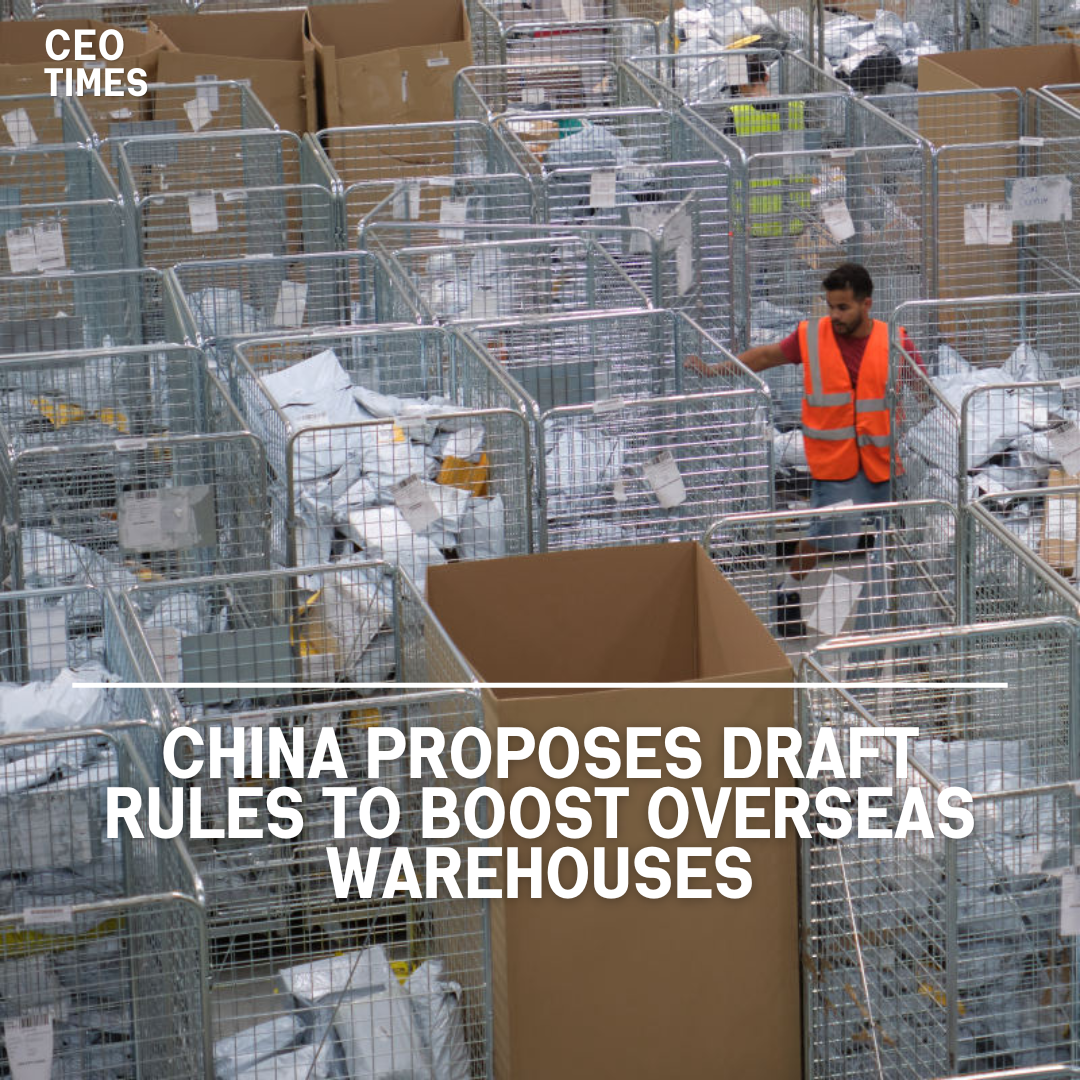China has introduced draft regulations aimed at promoting the development of overseas warehouses and expanding cross-border e-commerce operations, as announced by the Chinese commerce ministry.
These initiatives are designed to bolster the country’s foreign trade sector, which has increasingly relied on cross-border e-commerce as a key driver of growth.
Growth of Cross-Border E-commerce Players:
Companies such as Shein, Temu (owned by PDD Holdings), and AliExpress (part of Alibaba) have experienced rapid expansion by shipping products made in China to international markets.
This trend highlights the growing importance of cross-border e-commerce in connecting Chinese manufacturers with consumers worldwide.
The surge in cross-border e-commerce presents new avenues for growth, particularly for companies previously focused on the domestic market. This shift comes as China grapples with a slowdown in domestic consumption, prolonged property issues, and income instability.
Objectives of the Draft Regulations:
The draft regulations cover both inbound and outbound cross-border e-commerce activities. They aim to enhance cross-border data management, streamline export supervision, and facilitate financing for cross-border e-commerce firms.
Additionally, national ministries and government departments will play a role in supporting cross-border e-commerce companies in their global expansion efforts.
Implications and Future Outlook:
The proposed regulations signify China’s commitment to fostering a favorable environment for cross-border trade and e-commerce activities.
By addressing key challenges and providing support mechanisms, China seeks to further capitalize on the growth potential of cross-border e-commerce and strengthen its position in the global marketplace.



















